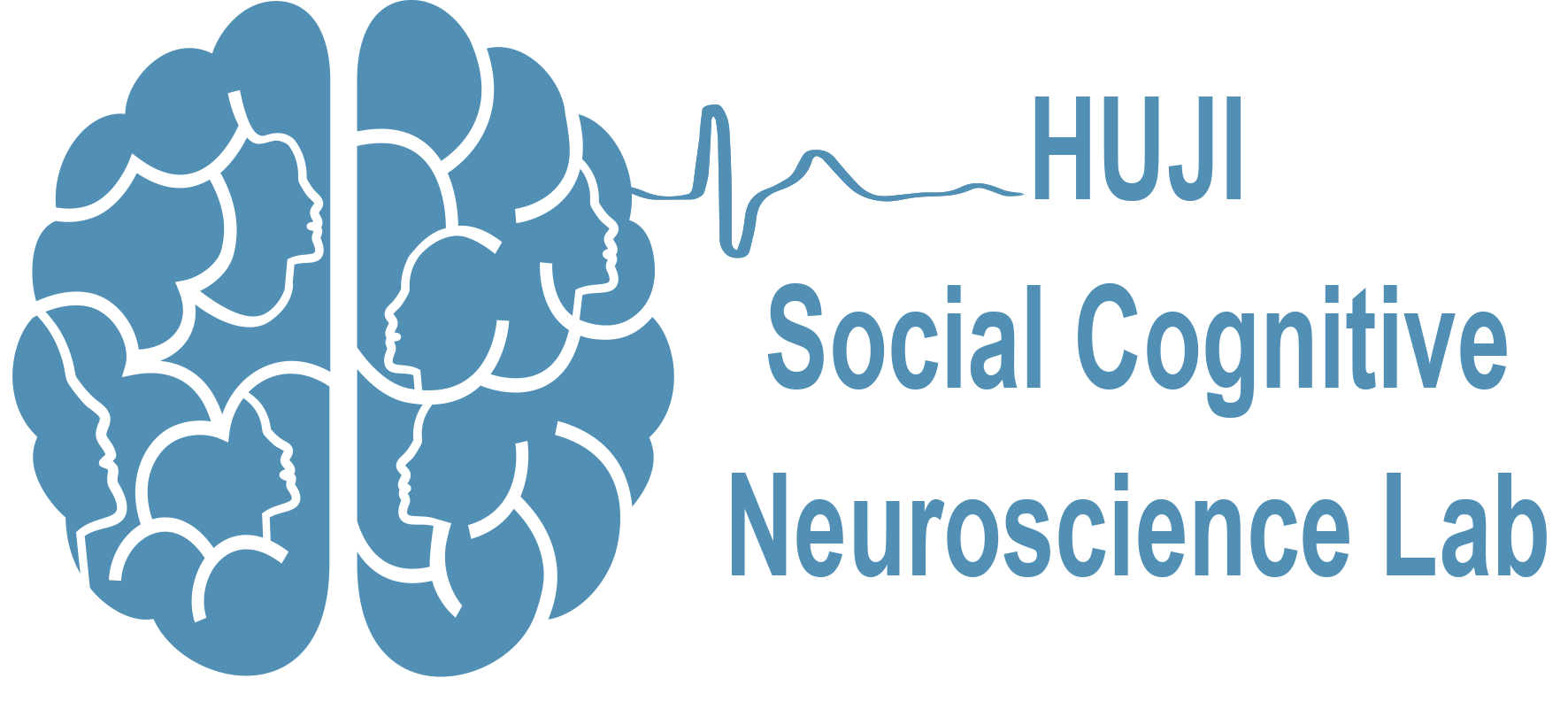Abstract:
Failing to understand others accurately can be extremely costly. Unfortunately, events such as strokes can lead to a decline in emotional understanding. Such impairments have been documented in stroke patients and are widely hypothesized to be related to right-hemisphere lesions, as well as to the
amygdala, and are thought to be driven in part by attentional biases, for example, less fixation on the eyes. Notably, most of the previous research relied on measurements of emotional understanding from simplified cues, such as facial expressions or prosody. We hypothesize that chronic damage to the left hemisphere could hinder empathic accuracy and emotion recognition in naturalistic social settings that require complex language comprehension, even after a patient regains core language capacities. To assess this notion, we use an empathic accuracy task and eye-tracking measurements with chronic stroke patients with either right (N = 13) or left (N = 11) hemispheric damage—together with aged-matched controls (N = 15)—to explore the patients’ understanding of others’ affect inferred from stimuli that separates audio and visual cues. While we find that patients with right-hemisphere lesions showed visual attention bias compared to the other two groups, we uncover a disadvantage for patients with left-hemisphere lesions in empathic accuracy, especially when only auditory cues are present. These results suggest that patients with left-hemisphere damage have long-lasting difficulties comprehending real-world complex emotional situations.
Website

